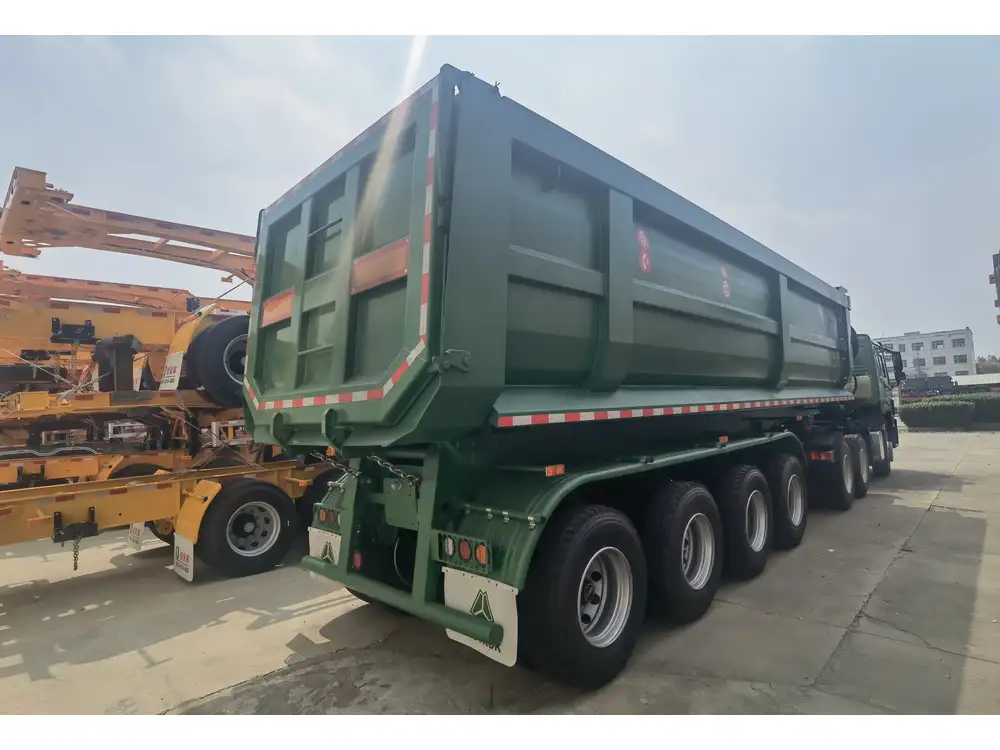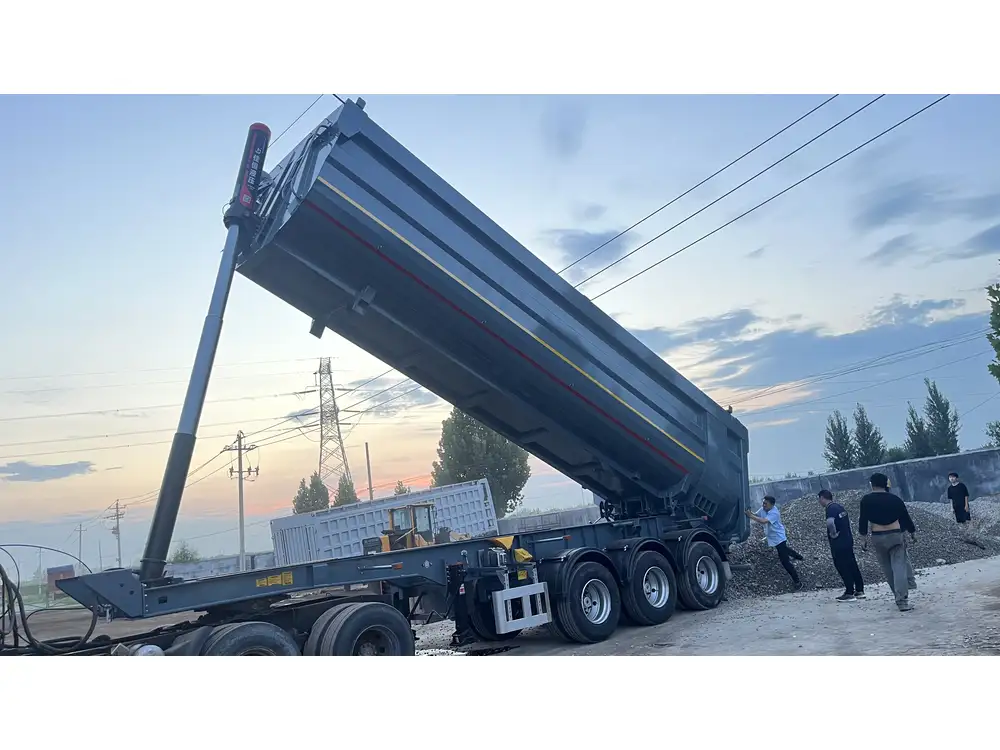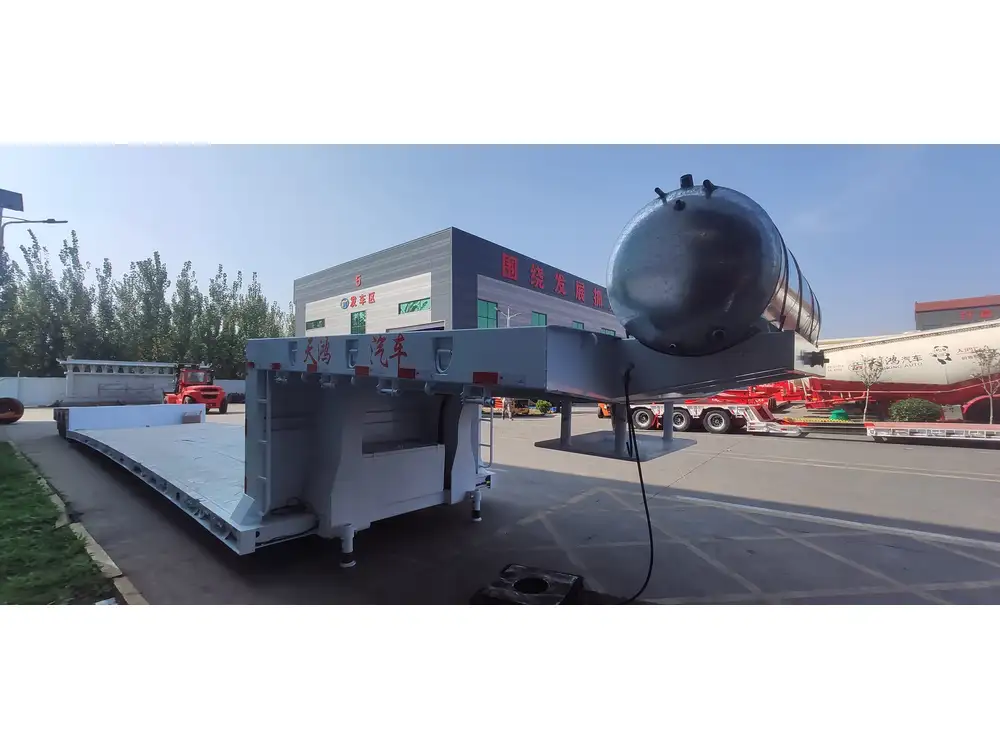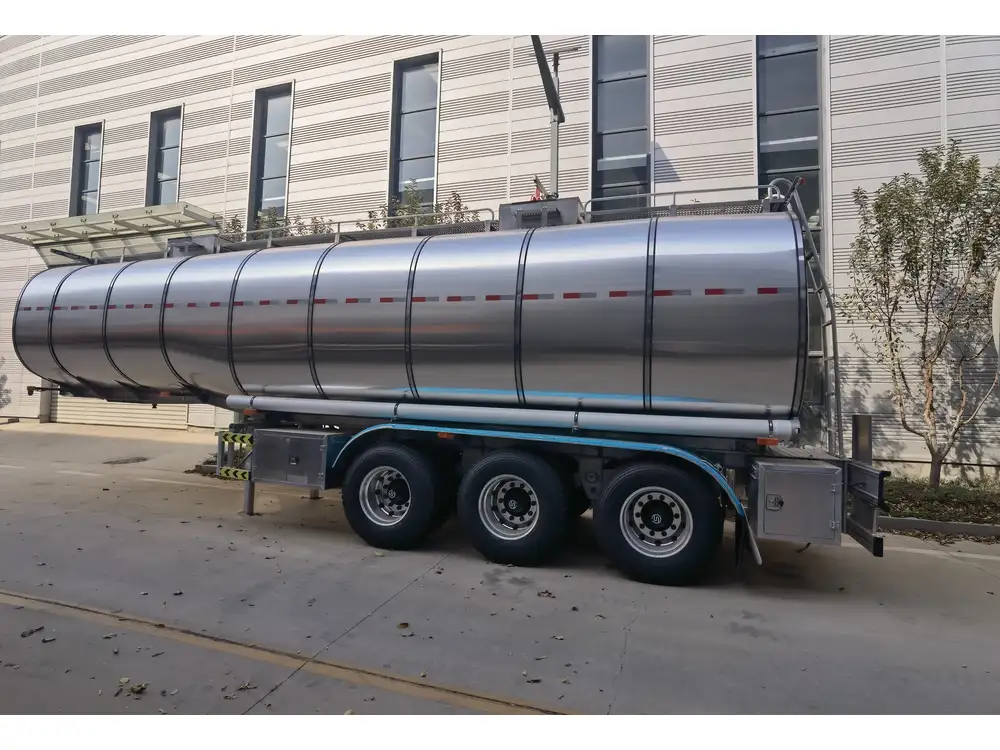In the complex landscape of the automotive logistics industry, transporting vehicles requires specialized vehicles tailored to meet diverse needs. Among these, the trucks specifically designed for transporting cars are crucial players, ensuring that automobiles arrive safely and efficiently. In this article, we will delve into the various types of trucks that transport cars, explore their features, advantages, and applications, as well as address potential user concerns regarding their functionalities and best practices.
Types of Cars Transport Trucks
When we discuss the transportation of cars, several types of trucks come into play. Each type has distinct features, designs, and operational capabilities suited for various transport scenarios. Here’s a breakdown of the primary categories:
| Truck Type | Description | Benefits |
|---|---|---|
| Open Car Carriers | Trailers that transport vehicles with no protection from the elements. | Cost-effective, high capacity for multiple vehicles. |
| Enclosed Car Trailers | Fully enclosed trailers that offer protection from weather and road debris. | Enhanced protection for luxury and classic cars. |
| Liftgate Trucks | Trucks equipped with a hydraulic lift to assist in loading and unloading. | Ideal for locations without loading docks. |
| Flatbed Trucks | Trucks with a flat, open area for flexible cargo arrangements. | Versatile; can carry various vehicle types and sizes. |
| Multi-Level Car Trailers | Trailers designed with multiple levels to maximize loading space. | Efficient for transporting higher volumes of vehicles. |
| Tow Trucks | Trucks designed to tow vehicles, typically used in roadside assistance or repossession. | Useful for transporting vehicles that are damaged or inoperable. |
Open Car Carriers: The Economical Choice
Open car carriers are the most commonly used trucks in the automobile transportation sector. They can carry multiple vehicles stacked on top of one another, maximizing efficiency. The lack of a protective covering allows for a more streamlined design, which can lower costs significantly.

Advantages:
- High Capacity: Can transport up to 10 vehicles at once.
- Quick Loading and Unloading: Open design allows for faster access to vehicles.
Considerations:
- Weather Vulnerability: Cars are exposed to the elements, which may cause damage if not properly secured.
- Limited Protection: Not advisable for high-value vehicles or sensitive cargo.
Enclosed Car Trailers: The Premium Option
Enclosed car trailers are the preferred choice for transporting luxury cars, classic vehicles, or any car that requires extra protection from environmental factors or road debris. These trailers are fully covered and lockable, ensuring that the vehicle remains secure during transport.

Advantages:
- Protection from Elements: Shields vehicles from wind, rain, and UV damage.
- Security: Locks help prevent theft and vandalism.
Considerations:
- Cost: Higher transportation fees due to additional manufacturing and materials.
- Lower Capacity: Typically can carry fewer vehicles due to space constraints.
Liftgate Trucks: The Loading and Unloading Solution
Liftgate trucks are equipped with hydraulic lift systems that simplify the process of loading and unloading vehicles, especially when dealing with cars that are immobile or require specific loading conditions.

Advantages:
- Ease of Use: Reduces the need for ramps and additional manpower.
- Access to Tight Spaces: Ideal for urban settings with restricted access.
Considerations:
- Weight Limits: Liftgate capacity may restrict the type of vehicles that can be transported.
- Mechanical Risk: Dependence on hydraulic systems raises maintenance concerns.
Flatbed Trucks: Versatile Freight Solutions
Flatbed trucks offer flexibility, allowing for various cargo types, including vehicles that might not fit conventional configurations. This adaptability makes it great for transporting construction equipment, motorcycles, and non-standard car models.

Advantages:
- Customizable Loading: Allows for unique vehicle configurations.
- Easy Access: Trucks facilitate quick load and unload operations.
Considerations:
- Exposure to Elements: Vehicles remain unprotected from environmental factors.
- Limited Vehicle Capacity: Generally carries fewer vehicles compared to enclosed or multi-level options.
Multi-Level Car Trailers: Maximizing Vehicle Transport
Multi-level car trailers are designed to transport a large number of vehicles efficiently, stacking them on different levels to utilize vertical space. This is particularly important for long-distance shipping.

Advantages:
- High Efficiency: Maximizes the number of vehicles moved at once.
- Cost-Effective for Bulk Transport: Decreases per-car transport costs.
Considerations:
- Potential Damage Risk: Vehicles on lower levels may be at risk if the upper levels are not secured properly.
- Height Restrictions: These trailers may face limitations on certain routes due to increased height.
Tow Trucks: The Versatile Transporter
Tow trucks play a crucial role in the transport of vehicles, particularly in emergency situations. They are designed to lift and tow cars that are broken down or illegally parked, ensuring quick and efficient movement.

Advantages:
- Immediate Response: Excellent for emergency situations like breakdowns.
- Varied Configurations: Available in different types (e.g., hook-and-chain, flatbed, and wheel-lift) tailored for specific uses.
Considerations:
- Short-Distance Focused: May not be suited for long-distance transport.
- Restrictions on Vehicle Types: Limitations on the size and weight of the vehicles they can tow.
Key Considerations When Choosing a Car Transport Truck
Type of Vehicle: The nature and value of the vehicles being transported dictate the necessary truck type. Luxury and classic cars often require enclosed transport, while regular cars can be safely shipped via open carriers.
Transport Distance: The distance of transport can influence the truck selection. For long hauls, multi-level car carriers may be ideal to consolidate trips.
Cost Efficiency: Weighing the cost versus the level of protection and service is crucial. Open carriers offer affordability while enclosed trailers provide security at a premium.
Loading and Unloading Considerations: Assess the locations for loading/unloading. Liftgate trucks might be necessary for sites with no loading dock access.
Route Restrictions: Certain trailers may encounter stringent height and weight regulations. It’s vital to consider road regulations in different regions to avoid fines and detours.

Best Practices for Car Transport
Proper Securing: Regardless of the truck type, securing vehicles effectively before transport is essential. Employing ratchet straps and ensuring that tires are properly chocked can prevent movement during transit.
Pre-Transport Inspection: Conducting an inspection prior to loading helps identify any pre-existing damage, which can minimize disputes later.
Clear Communication: Engaging with logistic partners and providing accurate details can streamline the process. Clearly outlining expectations and timelines ensures efficient transport operations.
Understanding Insurance Coverage: It’s vital to have an understanding of the coverage options available for the transported vehicles. Most reputable carriers will offer insurance protection, but always verify the limits.
Post-Transport Check: After delivery, inspecting the vehicle immediately is critical to ensure it has arrived in the expected condition. Prompt reporting of any issues can facilitate claims for damages.
Conclusion
Transporting vehicles is an intricate process requiring the right type of truck to cater to specific needs. Whether utilizing open carriers for standard vehicles, enclosed trailers for luxury cars, or tow trucks for emergency recovery, making informed decisions can lead to enhanced efficiency and satisfaction.
By understanding the diverse types of trucks available and implementing best practices for transport, businesses within the automotive industry can optimize their logistical operations and provide better service to their customers. It is essential to consider each aspect, as the right truck not only enhances service delivery but also builds trust and reliability in the competitive marketplace of vehicle transportation.



